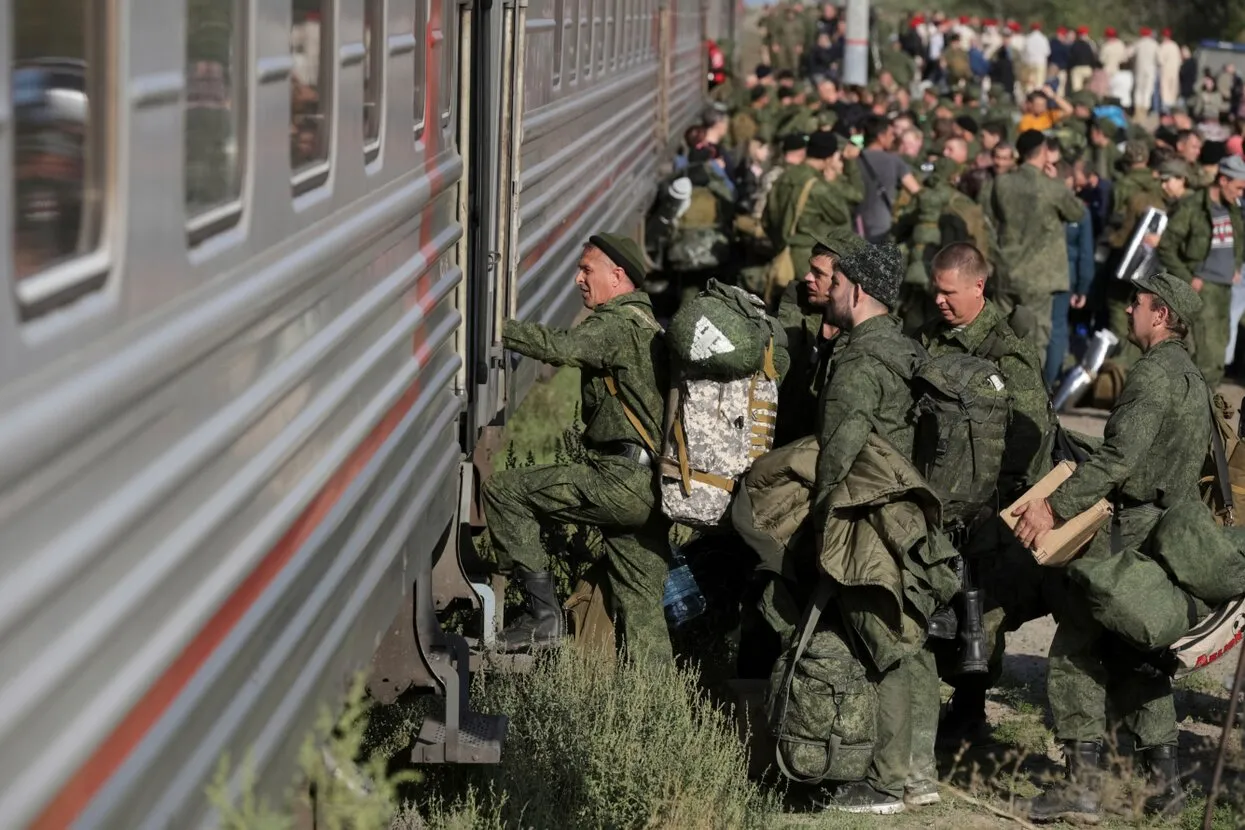
‘Society isn’t prepared’ The Kremlin fears ‘public discontent’ and a rise in crime as returning soldiers fail to adapt to civilian life
The Kremlin’s policy of sending hundreds of thousands of Russian men, including many prisoners, to war with little to no training or equipment has had predictable effects back on the home front: numerous soldiers have committed violent crimes upon returning home, and the country reportedly has a critical shortage of psychologists trained to treat PTSD. The Russian authorities have been reluctant to criticize these veterans, with Putin calling for them to become the country’s “new elite.” But according to Meduza’s inside sources, the president’s team is well aware of the risks the returnees pose and fears Russian society isn’t prepared to accept them. Meduza special correspondent Andrey Pertsev explains.
The Kremlin believes that the return of Russian soldiers from Ukraine will be the country’s “biggest political and social risk factor” during Putin’s current term as president, Kremlin domestic policy czar Sergey Kiriyenko told a group of deputy governors at a meeting in early July.
According to two people who were in attendance and a third source close to the Kremlin, Kiriyenko stressed that returning soldiers are “adapting poorly” to civilian life. He noted that many “volunteers” enlisted in the army as a way of getting out of prison and that some of them have committed new crimes, including murder and rape, after returning from the front.
The bitter truth is that events in Russia affect your life, too. Help Meduza continue to bring news from Russia to readers around the world by setting up a monthly donation.
“They made it clear [at the meeting] that we can expect plenty more of these people. This could lead to public discontent, fear, or, conversely, aggression towards all military personnel, who people will perceive as a single group. An increase in crime. This is a problem,” one of the attendees said.
But Kiriyenko also went beyond former inmates and spoke about returning soldiers in general, according to Meduza’s sources. One source said the deputy chief of staff contrasted the current war with the Soviet invasion of Afghanistan and World War II. He summarized his remarks as follows:
In Afghanistan, there weren’t so many casualties and injuries. After World War II, soldiers returned to a country that had suffered from the war and knew what war looks like. They took part in the country’s reconstruction and were respected because people understood what they had fought for. Now, [Russian soldiers] are returning to a country where the majority of people don’t know what war is and have only seen it on TV. They’ve been in extreme situations and seen what it looks like when laws aren’t enforced. Society isn’t really prepared to understand them and accept them.
Meduza’s sources noted that in private conversations, Russian officials have even begun referring to soldiers returning from Ukraine as “the new Afghans” and are afraid that, over time, the former servicemen could become disillusioned with civilian life and form their own criminal groups.
The two meeting attendees added that they concluded from Kiriyenko’s statements that the Russian authorities don’t fully understand the scale of the risks that the country might face after the war. A source close to the Putin administration told Meduza that gaining a broader understanding of this situation is one of the Kremlin’s main goals for the first year of the president’s new term.
Reporting by Andrey Pertsev. Abridged translation by Sam Breazeale.